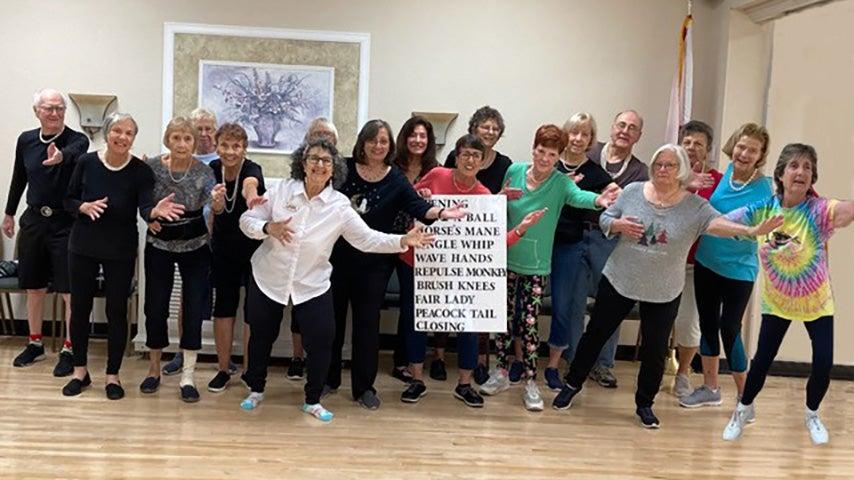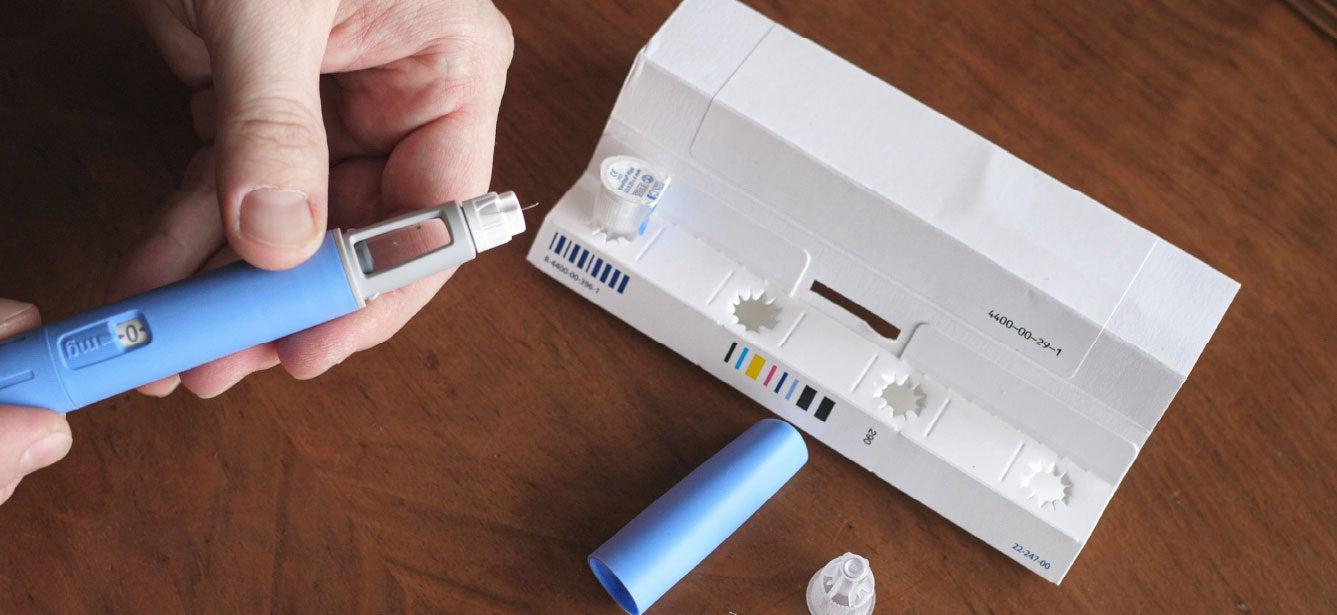Willpower Won’t Work: People Need Proactive Systems to Address Obesity
4 min read

Related Topics
Growing up in an Italian-Hispanic family, eating a lot was not just normal—it was celebrated. We had enormous portions at each meal, and we were taught to eat it all and be grateful that we had access to lots of food, unlike people in other places around the world.
Growing up in a culture of food and body image
In addition to eating a lot, it was normal for us to be overweight in my family. It wasn’t until I started reaching my teenage years that I experienced societal pressure to become thin like the other kids at school and celebrities in the media. Once I became aware of my weight, the negative self-image started to creep in. In my mind, the clear first line of defense against my weight problem seemed to be the fad diets everyone was trying back then, so I tried every one in the book. However, like many others, I didn’t experience any changes, no matter how many shakes or cabbages or grapefruits I consumed.
Facing bias in the health care system
Amidst my frustration, I wanted to become a “proactive” fat person—someone who didn’t just sit around but took action to make my health better. I knew I could beat this with the right tools. I went to the doctor in college one day and asked what he recommended for starting an exercise regimen. He replied with a straight face, “walking.” I was perplexed. Really, just walking? He continued, “Yes. You need to walk past the bakery, past the ice cream parlor, past the pizza parlor…”
You can imagine my anger. I wanted to explode. Instead, I stayed silent and never went back. This started my long journey of being discounted by medical professionals because of the way I looked.
My next doctor, before even asking what my diet looked like, told me I just had no willpower and that’s why I was overweight. He didn’t know anything about my lifestyle—all he saw was my weight, a surface-level characteristic that could not be understood just from looking at someone.
When the medical community let me down, I turned to over-the-counter diet pills and weight loss clinics.
Turning to bariatric surgery
Of course, none of these worked, so I took matters into my own hands. I was working for Medicare at the time and wrote a grant for a special innovation project focused on weight loss, drawing from UNC Chapel Hill’s evidence-based Weight Wise program. Through the diet and exercise modifications in the program, I was able to lose about 100 pounds—but after that, my weight stayed stagnant, still in the Class III obesity category.
I then turned to bariatric surgery—which I tried to petition my employer to cover through our insurance—once again, being as proactive as I could. Unfortunately, my attempts were unsuccessful. After being quoted over $40,000 out of my own pocket to get the surgery done locally, I had to pivot again and look into other options. After lots of research, I went ahead with the “medical tourism” option I had heard others talk about, and I got the surgery done with excellent care.
Life after bariatric surgery: Teaching and paying it forward
Since having bariatric surgery, I have kept the weight I lost off. I now teach Tai Chi and diabetes management classes and connect with my students by leveling with them. I tell them: “I’m no different from you. I am older. I am overweight. I have diabetes. I was on six medications and a CPAP machine, and now, I'm not on anything now except thyroid medicine. It’s possible to lose the weight that’s been resistant to typical lifestyle changes, but you must be proactive and persistent through the roadblocks.”
Why we need a proactive health care system
All people with obesity should be able to explore what treatments and modifications work for them, without judgement and without facing financial ruin.
Many of us who struggle with our weight want to be proactive about our health—but how can we be proactive in a system that is not?
Maybe people want to get bariatric surgery like I did—which, thankfully, now, is covered by Medicare if it’s medically necessary. That means people who have both obesity and a condition like diabetes, heart disease, or kidney issues are prime candidates for the procedure without going into debt. But what about people under 65 who want to improve their weight? Maybe others want to try a weight loss medication, like a GLP-1, which has a large cost barrier for many people, with a price tag of hundreds of dollars each month. Even at work, we’re encouraged to sit all day and limit our movement, so we can get the most amount of work done.
If we want to see real change in obesity rates, we need to move from just encouraging people who are overweight to be proactive with their habits to building systems that are proactive and that prioritize prevention and sustainable treatment options. Let’s give people the chance to improve their lives without facing roadblocks at every turn.
Laura Gamba has 16 years of experience ensuring quality delivery of projects with the Centers of Medicare and Medicaid Services (CMS) and now is a Senior Trainer for the Diabetes Empowerment Education Program (DEEP™).



